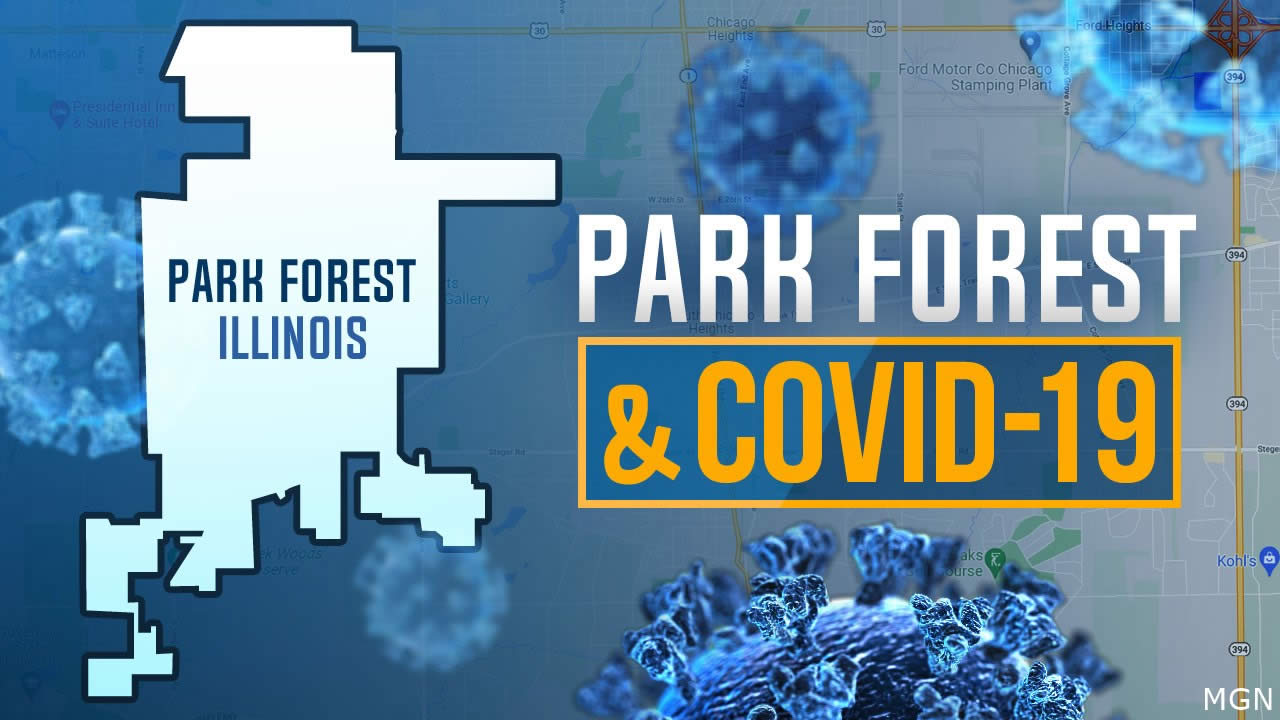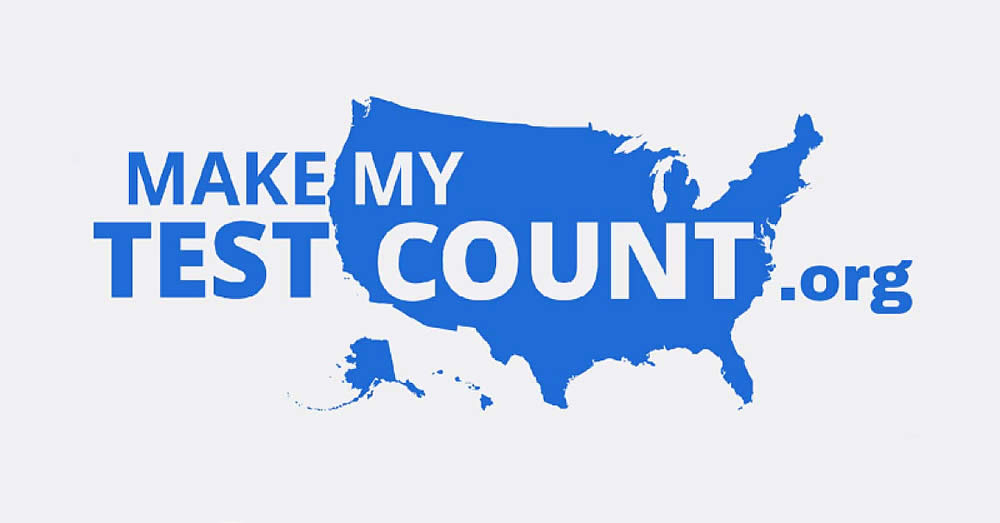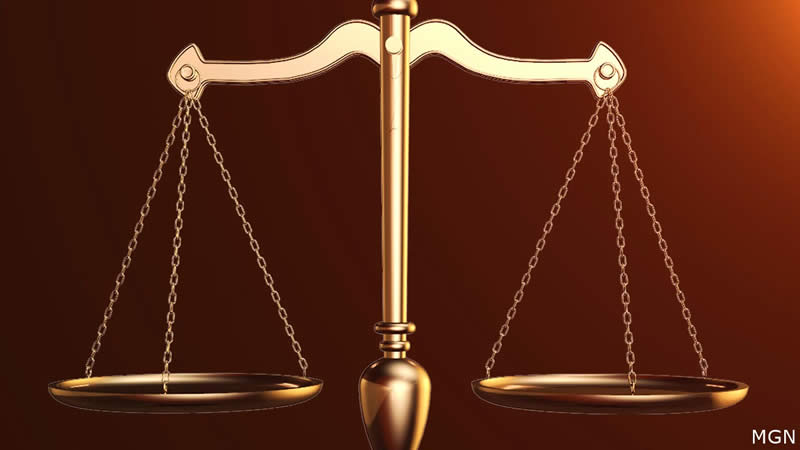
By Staff, AccuWeather
AccuWeather-(ENEWSPF)- The coronavirus pandemic altered life as humans knew it in 2020, and as much of the world starts to examine how and when to resume daily activities, it’s clear that there are many challenges to overcome before normal daily life can resume in full, and the worst is yet to come, medical experts warn.
The outbreak, which originated in late 2019 in Wuhan, China, officially became a pandemic in March. SARS-CoV-2, the virus that causes the disease COVID-19, has infected millions worldwide and killed hundreds of thousands, but more than 6 million have recovered from the ferocious disease. Health experts are conducting a frantic race to develop a vaccine while also performing vital research into the behavior of the virus, what factors may inhibit its spread and other possible symptoms it may cause.
The contagion triggered much of the world to shelter indoors and practice social distancing. Severe damage has been done to the global economy, which has caused experts to issue bleak economic predictions that harken back to the days of the Great Depression. With much of life on pause over the past several months, government officials around the world are facing the difficult choice of reopening economies while the threat of a second wave lingers for later in 2020.
Here are the latest updates, listed in eastern time, and the most important; things you need to know about the coronavirus pandemic.
July 10, 9 p.m.
A dog in Texas has become the first animal in the state to catch coronavirus. The U.S. Department of Agriculture’s veterinary lab received the positive test back on Tuesday that confirmed the dog has been infected with SARS-CoV-2, according to The Dallas Morning News. The dog was tested after the owners contracted the virus. The staff members at the veterinary clinic all wore personal protective equipment when around the dog and its owner. The dog is said to still be healthy. There is currently no evidence that pets play a significant role in spreading the coronavirus to humans, according to Sate Veterinarian Andy Schwartz.
July 10, 7:30 p.m.
Hong Kong has suspended all schools due to a new surge in coronavirus cases. Most of the schools in the area have been shut since January with many turning to online methods, Thirty-eight new cases were reported in Hong Kong on Friday which continued the sharp increase the city has seen in the last three days. It is reported that 32 of the 38 cases were locally transmitted. The change in online learning has caused hardship in Hong Kong with more than two thirds of parents saying they think their child is having difficultly learning at home. Of 600 low-income students surveyed in Hong Kong, 70% did not have a computer, according to The Society for Community Organisation.
July 10, 6 p.m.
The Jacksonville Jaguars have announced seating capacity will be at 25% at home games this season. The Jaguars said the decision came in compliance with state and local authorities following CDC social-distancing guidelines. This comes after other teams have announced similar reductions to seating capacity, such as the Tennessee Titans and Baltimore Ravens. Those with season ticket payments have been given credits to use for the 2021 season, if the holder prefers to defer their seats to next year, according to Pro Football Talk. The option for refunds has also been given by the team. The layout of the stadium is being reconfigured to account for the new guidelines. Season ticker holders will be given priority access to buying tickets for the upcoming season. All fans will be required to wear face masks for the games.
July 10, 4:36 p.m.
Recent studies may explain why some COVID-19 patients were able to fight the virus off more successfully than others. Some small studies suggest that patients who experience mild symptoms or no symptoms may be eliminating the infection through a T cell response.“There is mounting evidence that people exposed to the virus have a transient (short-lived) antibody response, or have a T cell response in spite of a minor or absent antibody response,” Alessandro Sette, professor and member of the La Jolla Institute’s Infectious Disease and Vaccine Center in California, said, according to Reuters. The patients who developed the T cells came up negative when tested for COVID-19 antibodies. The findings provide evidence that a successful vaccine to fight off the virus will need to trigger a T cell response in the body, as well as antibodies. “T cells are often important in controlling viral infections. We are seeing evidence of that,” Director of the University of Pennsylvania’s Institute for Immunology John Wherry told Reuters.
July 10, 3:03 p.m
The heat in Houston was so brutal on Friday that the Harris County Public Health Department was forced to close all of its COVID-19 testing sites earlier. By early afternoon, temperatures in Houston soared to the upper 90s, and according to the AccuWeather forecast, Houston will bake in triple-digit heat over the next four days. Porfirio Villarreal, public information officer with Houston Health, told Click2Houston that the opening time for test sites was moved from 10 a.m. to 8 a.m. so health workers could do their jobs in the cooler parts of the day. “Other things that we’ve done, we have a tent where they are working to take the samples from the public, so that way they are directly away from the sunlight, so that keeps them cool,” he said. Here’s a look at the seven-day forecast for Houston, where cases have been surging. Harris County, which encompasses Houston, was at nearly 41,000 cases as of Friday.
July 10, 1:09 p.m.
New evidence suggests that the coronavirus could cause brain damage in some patients. The neurological complications caused by the virus include inflammation, psychosis and delirium, according to a study conducted by researchers at University College London. The study described 43 cases of patients with COVID-19 who suffered from temporary brain dysfunction, strokes and nerve damage. “Whether we will see an epidemic on a large scale of brain damage linked to the pandemic – perhaps similar to the encephalitis lethargica outbreak in the 1920s and 1930s after the 1918 influenza pandemic – remains to be seen,” Michael Zandi, from UCL’s Institute of Neurology, told Reuters. As of right now, scientists will continue to monitor this new finding as the virus continues to spread. “This disease is affecting an enormous number of people,” Adrian Owen, a neuroscientist at Western University in Canada, said. “That’s why it’s so important to collect this information now.”
July 10, 12:33 p.m.
Former Food and Drug Administration commissioner Scott Gottlieb believes as many as 1 in 150 Americans could be infected with COVID-19, many unknowingly. He told CNBC that he believes “We must have well over 700,00 infections a day, even though we’re only diagnosing about 60,000.” According to Gottlieb, the conventional wisdom previously was that 1 in 200 people were infected, but he believes that rate is rising.
“It’s going to be hard to get to a point where you could — you’re not going to eliminate the infection — but get it down to levels that are much, much lower,” he said. “The prevalence of actual infection in the country right now must be pretty high.”
July 10, 11:32 a.m.
New data from Gilead Sciences has shown remdesivir may reduce the risk of death in those sick with coronavirus. In the report published Friday, the company said the treatment remdesivir reduced the risk of death in patients by 62%. Gilead also found that the treatment provided “significantly improved clinical recovery.” The data was analyzed from 312 patients that enrolled in the phase three trial with similar characteristics and disease severity, according to CNBC. The result found that 7.6% of patients treated with remdesivir died compared to 12.5% who did not receive the treatment. Gilead said it will need to further study and conduct additional trials.
July 10, 10:44 a.m.
Australia will reduce the number of citizens allowed to return back home each week. This announcement comes as Melbourne, the country’s second-largest city, is experiencing a spike in COVID-19 cases. The state of Victoria reported 288 new cases on Friday, setting a new daily record of cases. “The news from Victoria remains very concerning,” Australian Prime Minister Scott Morrison said, according to Reuters. Since March, when the pandemic started to spread worldwide, about 457,000 Australian citizens and permanent residents have re-entered the country. However, Australia will now set a new limit of 4,175 people allowed to return home each week. Additionally, they will be sent to a hotel, where they will be quarantined for 14 days. “The decision that we took… was to ensure that we could put our focus on the resources needed to do the testing and tracing and not have to have resources diverted to other tasks,” Morrison said.
July 10, 10:11 a.m.
More and more world leaders are testing positive for COVID-19 this week, particularly in South America. Just days after Brazilian President Jair Bolsonaro tested positive, Bolivian President Jeanine Anez and Venezuelan socialist party leader Diosdado Cabello also tested positive. Venezuala President Nicolas Maduro also confirmed that Omar Prieto, governor of the state of Zulia, tested positive.
“I feel well, I feel strong, I am going to keep working remotely from my isolation, and I want to thank all the Bolivians who are working to help us in this health crisis,” Anez said, according to Reuters. At least six other Bolivian leaders, including its health minister, have also tested positive.
July 10, 9:57 a.m.
College football fans hoping for a complete season this fall may be out of luck. On Thursday, the Big Ten conference announced that all fall sports teams will play a conference-only season in an effort to eliminate long-distance travel, preserve scheduling flexibility and make quick, real-time decisions based on new medical advice, according to ESPN. The Big Ten was the first Power 5 conference to make the move official, while the Big 12 conference is considering a similar move and the ACC has already announced that all fall sports would be delayed until at least Sept. 1. On Wednesday, the Ivy League announced that all fall sports would be ruled out.
July 10, 9:30
The U.S. reported 65,551 new coronavirus cases on Thursday, setting a new record for a 24-hour period. This new data, collected by Johns Hopkins University, brings the total number of confirmed cases to more than 3.1 million. The previous record was reported on Tuesday, with more than 60,200 cases in one day. In recent weeks, the U.S. has seen a spike in infections, as most states ease restrictions. “We’re in a very difficult, challenging period right now,” Dr. Anthony Fauci said, according to Barron’s. “I would think we need to get the states pausing their opening process. I don’t think we need to go back to an extreme shutting down.”
July 10, 6:47 a.m.
Here are the latest global COVID-19 numbers, provided by Johns Hopkins University researchers:
- Total confirmed cases: 12,287,550
- Total deaths: 555,324
- Total recoveries: 6,755,829
In the United States, another daily-record high was set on Thursday as the country reached 63,100,00 new cases, according to Johns Hopkins. After never topping 50,000 new cases in a single day before July, the U.S. has now had six such days since the beginning of the month.








